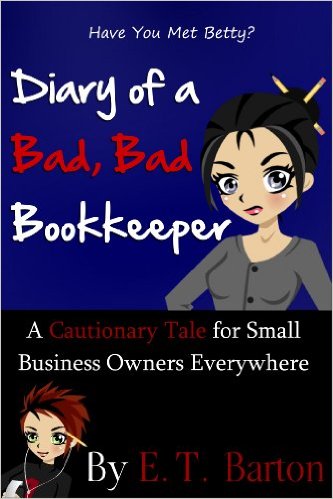Fraud in small businesses is more common than one may think- and is usually very costly. Some steps a business owner can consider are:
- Segregate the employees’ duties to ensure that one person, no matter how trusted, does not have control over all aspects of bookkeeping. Something as simple as the business owner reviewing bank statements and reconciliations and questioning unusual items sends the message that there is oversight over the accounting. If daily deposits are expected, make sure the bank statement reflects timely daily deposits. If cash is involved, review controls over cash receipts.
- Have the Company’s CPA prepare annual financial statements in connection with the tax return if that is not already being done. Take a further step to meet with the CPA to discuss variations from year to year and trends. Ask the CPA whether there are ways to improve internal controls in the business. It is important to understand that the CPA is not responsible for detecting fraud unless specifically engaged to do so. Be sure you understand how fraud is covered in your engagement letter with the CPA Firm.
- Have the business valued periodically. Although a business valuation engagement is not designed to detect fraud, the analysis that is part of the valuation process may reveal trends, ratios and cash flows that don’t look “right.” In addition, understanding the business valuation process and the various metrics used can help the business owner think of ways to enhance the value of the business.
- Think like a crook. If someone wanted to steal from the business how would they go about it? Then take steps to mitigate the risk. An excellent resource is Diary of a Bad Bad Bookkeeper by E.T. Barton which can be downloaded to a Kindle for $0.99 from Amazon. I have no financial interest in this book. https://www.amazon.com/Diary-Bad-Bookkeeper-Cautionary-Embezzlement-ebook/dp/B0096IWU5U/ref=sr_1_1?ie=UTF8&qid=1467919334&sr=8-1&keywords=Diary+of+a+bad+bad+bookkeeper#nav-subnav

Recent Comments